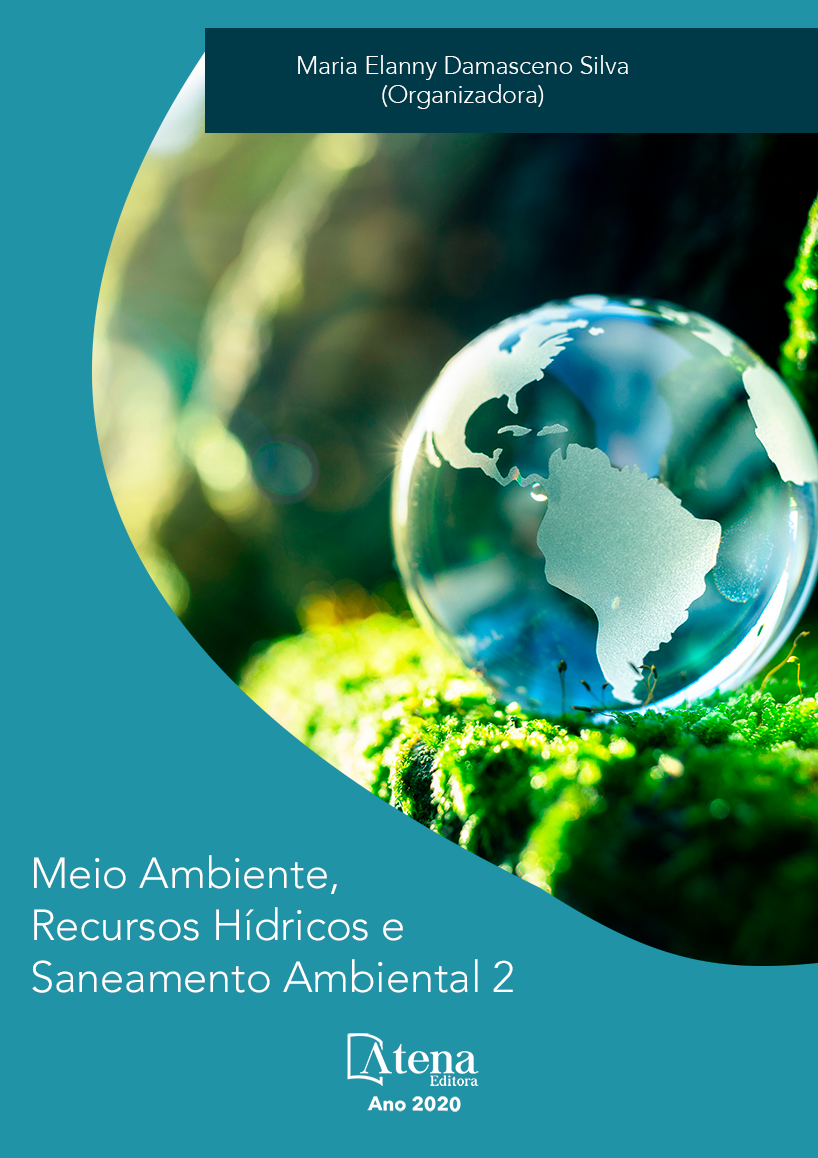
PROJETO AQUARELA: A ECOTÉCNICA DE PRODUÇÃO DE TINTAS DE SOLO COMO MÉTODO PARA REVITALIZAÇÃO DE AMBIENTES
O solo é utilizado para produção de tinta desde o período da pré-história, conforme registros de pinturas rupestres e, portanto, tem grande importância histórico-cultural em muitas partes do mundo. Apesar da riqueza histórico-cultural e dos benefícios da tinta de solo, as tintas industrializadas ganharam mercado. Entretanto, com desenvolvimento de pesquisas em Universidades do Brasil e de projetos como esse, que promovem oficinas de tinta de solo para trabalhar a educação ambiental, acredita-se que existe a possibilidade de resgate desse tipo de ecotécnica. Dessa forma, o objetivo do Projeto foi proporcionar a sociabilidade e a promoção do conhecimento da ecotécnica de produção de tintas de solo, por meio de oficinas realizadas na Universidade do Estado de Minas Gerais (UEMG), localizada no município de João Monlevade, MG, capacitando futuros multiplicadores na comunidade acadêmica e no bairro onde está inserida a UEMG. As oficinas ocorreram entre os meses de agosto e dezembro do ano de 2019. Os resultados mostram que a técnica é eficaz para a revitalização de ambientes a um custo baixo. Essas tintas possuem boa durabilidade, fácil produção e aplicação, podendo ser uma alternativa sustentável para diversos ambientes.
PROJETO AQUARELA: A ECOTÉCNICA DE PRODUÇÃO DE TINTAS DE SOLO COMO MÉTODO PARA REVITALIZAÇÃO DE AMBIENTES
-
DOI: 10.22533/at.ed.1972024073
-
Palavras-chave: Educação Ambiental; Sustentável; Oficinas; Agentes multiplicadores
-
Keywords: Environmental Education; Sustainable; Workshops; Multiplying agents
-
Abstract:
The soil has been used for the production of paint since the prehistoric period, as recorded by cave paintings, and,therefore, it holds great historical and cultural importance in many parts of the world. Despite the historical and cultural richness and the benefits of soil paint, industrialized paints have dominated the market. However, with the development of research in Brazilian universities and projects such as the one presently approached, which promote soil paint workshops in order tocultivate environmental education, it is believed that there is a possibility of rescuing this type of ecotechnology. The objective of the Project was thus to provide sociability and to promote the knowledge of the ecotechnologyinvolved in the production of soil paints, through workshops held at the Universidade do Estado de Minas Gerais (UEMG), located in the municipality of João Monlevade (MG),in order to train future multipliers of the project in the academic community and in the neighborhood where UEMG is located. The workshops took place from August to December 2019. Results show that the technique is effective for renovating environments at a low cost. These paints displayhigh durability and easy production and application, potentially being a sustainable option for various environments.
-
Número de páginas: 11
- Lívia Ferreira Coelho
- Kelly Mesquita Clemente
- Isac Jonatas Brandão
- Jeane de Fátima Cunha Brandão


